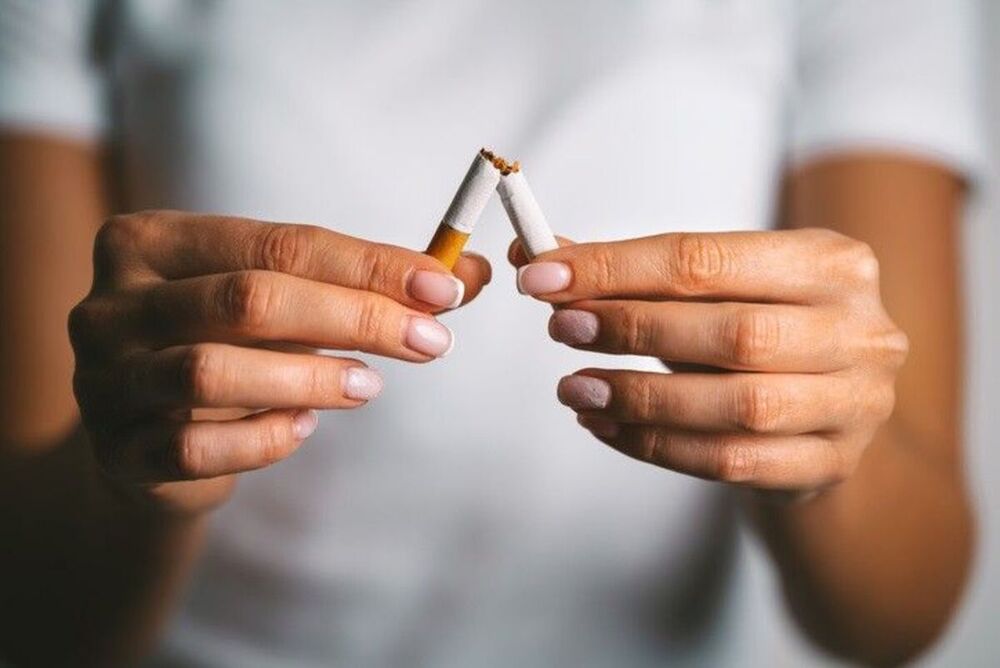A new report reveals that one in four social housing households in England had to endure cold temperatures last winter due to high energy costs. These findings have raised concerns among energy poverty relief organizations, who warn that the situation poses significant risks to the health of vulnerable communities.
The data is collected via smart thermostats installed in around 20,000 social housing properties by Switchee, an energy analytics company. The analysis shows that the percentage of households living in temperatures below 18 degrees Celsius for at least one week increased by about 240,000 compared to the previous winter. This means that 23.5% of households did not have adequate home heating, compared to 17.4% in the previous year.
Living in a cold home has serious consequences, such as higher hospitalization rates and increased risk of mold. National Energy Action, a charity tackling fuel poverty, has raised concerns that more people will be forced to go without heating this winter due to cuts to government support payments.
In response to this grim situation, households are not just sacrificing heating. Many families are taking drastic measures, such as avoiding hot food, avoiding using hot water, and not storing food or medicine in the refrigerator. In addition, many people are forced into energy debts that have reached record highs. As energy bills are expected to continue rising in January, the situation is likely to worsen in the coming winter months.
General Questions
1. What percentage of social housing households in England had no heating last winter?
According to new data, 23.5% of households in social housing did not have adequate home heating for at least a week last winter.
2. What are the consequences of living in a cold house?
Living in a cold home can lead to higher hospitalization rates and increased risk of mold.
3. Why are energy poverty relief organizations concerned?
Fuel poverty alleviation organizations fear that high energy costs will harm people’s health and that more households will be forced to go without heating this winter due to cuts in government aid payments. .
4. What caused this finding?
The data was collected via smart thermostats installed in around 20,000 social housing properties by energy analysis company Switchee.
5. What actions are households taking due to high energy costs?
Households facing high energy bills take measures such as avoiding hot food, avoiding using hot water, and not being able to refrigerate food or medicine.

“Internet trailblazer. Troublemaker. Passionate alcohol lover. Beer advocate. Zombie ninja.”







